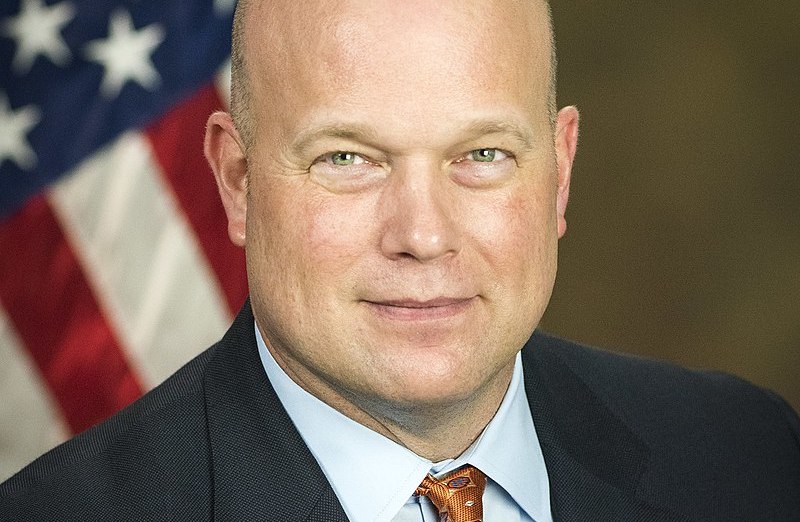Fact check: did the Supreme Court just rule that Matthew Whitaker’s appointment is legal?

Yesterday the Supreme Court made a move that led to a number of headlines which wittingly or unwittingly implied that Donald Trump’s appointment of Matthew Whitaker as Acting Attorney General had been legally upheld. But the facts of the matter make clear that this isn’t quite what really happened.
A felon who wanted to buy a gun tried to convince the Supreme Court to take up his case. His argument was that the ban on felons owning guns was unconstitutional, and that the Department of Justice and Acting Attorney General Matthew Whitaker can’t carry out this ban anyway, because Whitaker’s appointment was illegal to begin with.
The Supreme Court declined to hear the case on any grounds. But this was not a ruling that Matt Whitaker’s appointment is legitimate. Nor was the court saying that it lacked the jurisdiction to make a ruling on Whitaker’s legitimacy. Instead, the court simply decided that questions about Whitaker’s legitimacy were not grounds for hearing the would-be gun owner’s case.
The one thing the Supreme Court did establish yesterday is that if the legality of Matthew Whitaker’s appointment is going to be challenged, it can’t be through arbitrary cases that have no real relation to Whitaker. That’s bad news for a lot of people who were hoping to get themselves off the hook for various things. But it’s not a Supreme Court vote of confidence for Whitaker’s legitimacy in any way.
